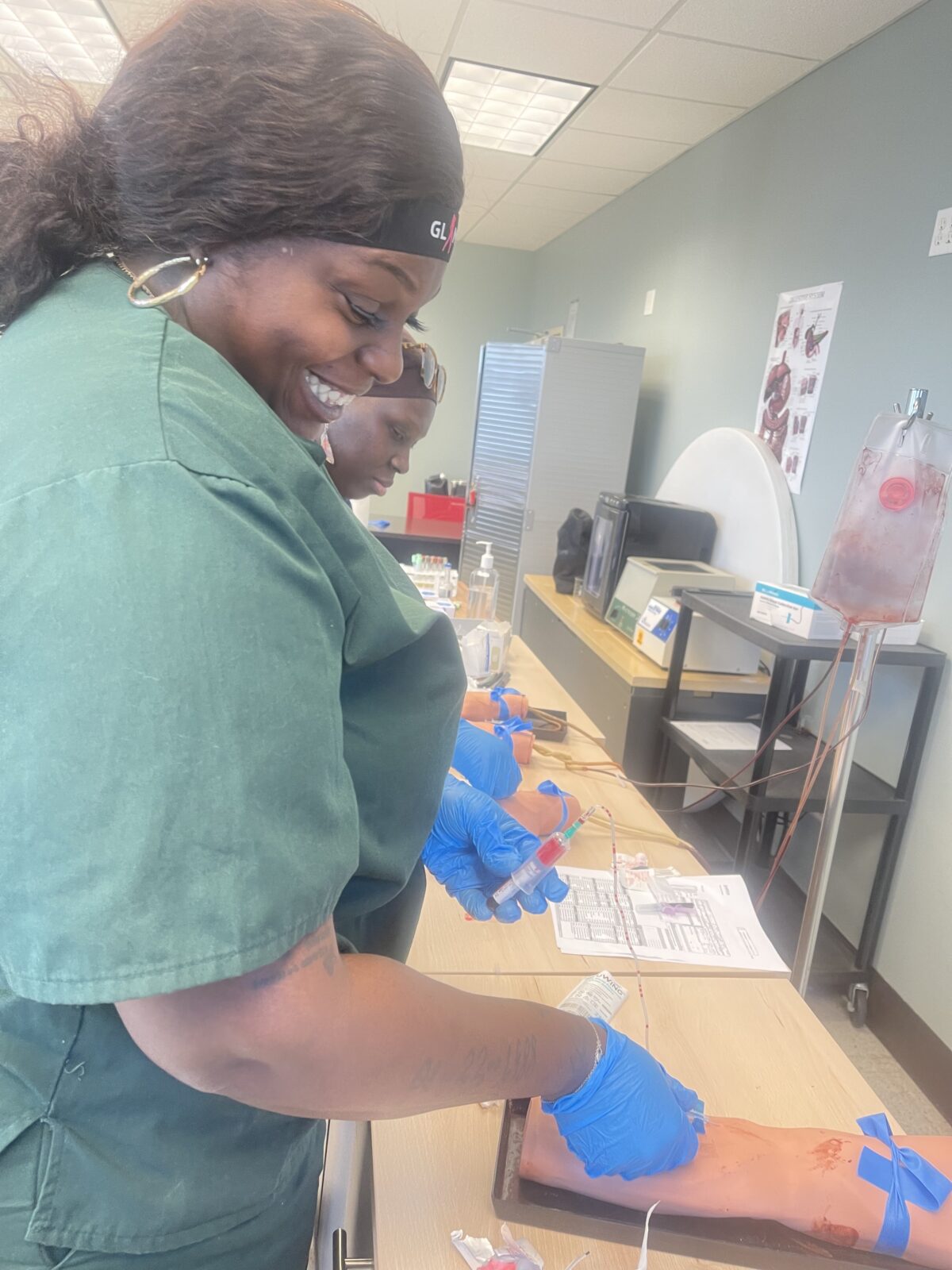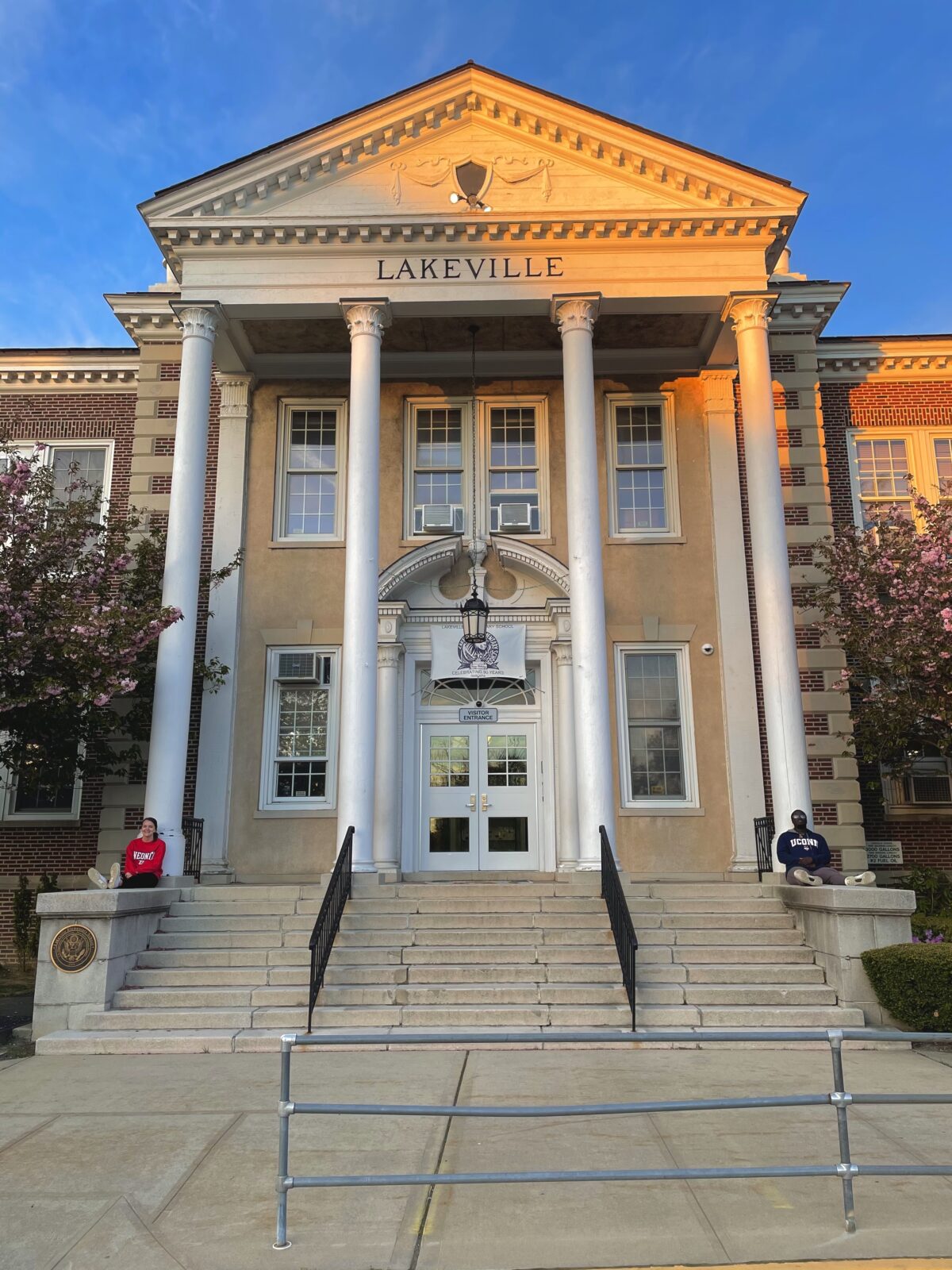Aug 31. 2020
So much is going on in the world right now, and up until now, most of my speeches have been about love, hope and peace for the future. And while I don’t intend to change that, I think I need to get a little bit more serious.
I don’t think in my entire life I’ve been as sad or as defeated as I am right now. In the week of the Jacob Blake shooting, I couldn’t fathom the amount of hatred that I’ve seen on the internet. I couldn’t understand why some people just have no humanity in their hearts. My heart aches. With every negative comment, my heart aches. I was going to write a speech about how I get inspired to write, but I just don’t care anymore. I’m so conflicted, I’m so sad, I’m so hurt. This movement has given me the chance to give people who don’t have a voice a voice. This movement has given me confidence that my opinion, my life and who I am matters to others. It sucks that not everyone feels the same.
All my speeches have been about hope for the future, but consider this one a PSA to BIPOC, white people and anyone else who is struggling in life.
September is Suicide Awareness Month, and oftentimes, we don’t consider the people who have been there for us or know how powerful the things we say to others can be until it’s too late. Every 12 minutes, someone in the U.S. dies by suicide, and those are only the ones who “succeed.” Others are self-harming every day, and all of those people are missing something in their life: love, connections, hope.
More than 300 million people around the world suffer from depressive disorders, and that’s just the number of people who are willing to talk about it. Many others keep their mental and physical health a secret, either because of the stigma surrounding it or because they’re unable to properly identify the symptoms. According to the World Health Organization, nearly 800,000 confirmed suicides occur every year, 300,000 of those in the U.S. While these numbers are not all related to depression or other mental health disorders, it’s devastating to think about how often a person takes their own life due to uncontrollable factors, including accidental self-harm.
That number gets more terrifying when you consider that for every adult who dies by suicide, there are 20 more people attempting it.
Now, look at the world today. BIPOC people are being told every day that they are insignificant. BIPOC are being killed because of the color of their skin. It sucks to feel like the world would be better if you were dead or if you had never been born. I understand wanting to get rid of pain and just be able to live. I have gone through that these past few months.
Fortunately, there are a bunch of people who have not gone through that and hopefully won’t go through that in their lifetime. But I implore you: Don’t be a part of the statistics I just talked about.
Whether you’re white, Black, brown, yellow, purple, whatever, please love yourself, especially in times like these. I know that under distressing circumstances, it’s really hard to listen to those who are trying to help, but they have the best heart for you. It’s also hard to keep living when someone won’t listen to you, when you’re doing your best to be comforting or when you’re trying to help.
But please, if you’re in that position, don’t stop trying to help. Keep coming to protests, show your support on social media, reach out to your BIPOC friends and family. Let them know you’re here for them and you believe in their fight. Tell them to contact a suicide prevention hotline, encourage them to go to therapy and reach out to people with proper information and resources.
It’s never too late to make a change. If you’re unsatisfied with the world we live in, let’s fight to change it. Everyone in the world agrees that the end goal is to be in a world where everyone is happy. As unrealistic as you might think that is, I’m going to keep working to make it happen.
Even if you feel like nobody loves you, or that you’re a waste of space, or that nobody would miss you if you were gone, you are genuinely more valuable than you know. And I am saying this as someone who has had these thoughts himself.
We often don’t realize the impact we have on other people’s lives, because if we did, all the negative comments I see under many Black Lives Matter posts wouldn’t be there. We also often don’t see how much someone loves and appreciates us.
Let’s tell the people we love that they matter to us. It could save someone’s life.
It’s wrong to lose so many people we care about, no matter the color of their skin, because they couldn’t speak freely about how they felt. It’s wrong that so many people feel trapped by the racism going on in the world that they feel like there’s only one permanent escape. It’s wrong that there are people out there who refuse to acknowledge those who are going through tough times and refuse to acknowledge their struggles.
It’s wrong that when BIPOC people speak about racism, white people shut the idea down. It’s wrong that some white people refuse to step into the shoes of BIPOC.
But whatever the color of your skin is, there is nothing wrong with wanting a better life for yourself and wanting to be happy. I may not be with you right now, but I need everyone to understand this.
So please, everyone, we need to get up and make a change in our lives.
Because we have that power.
Because we matter. Because you matter.


